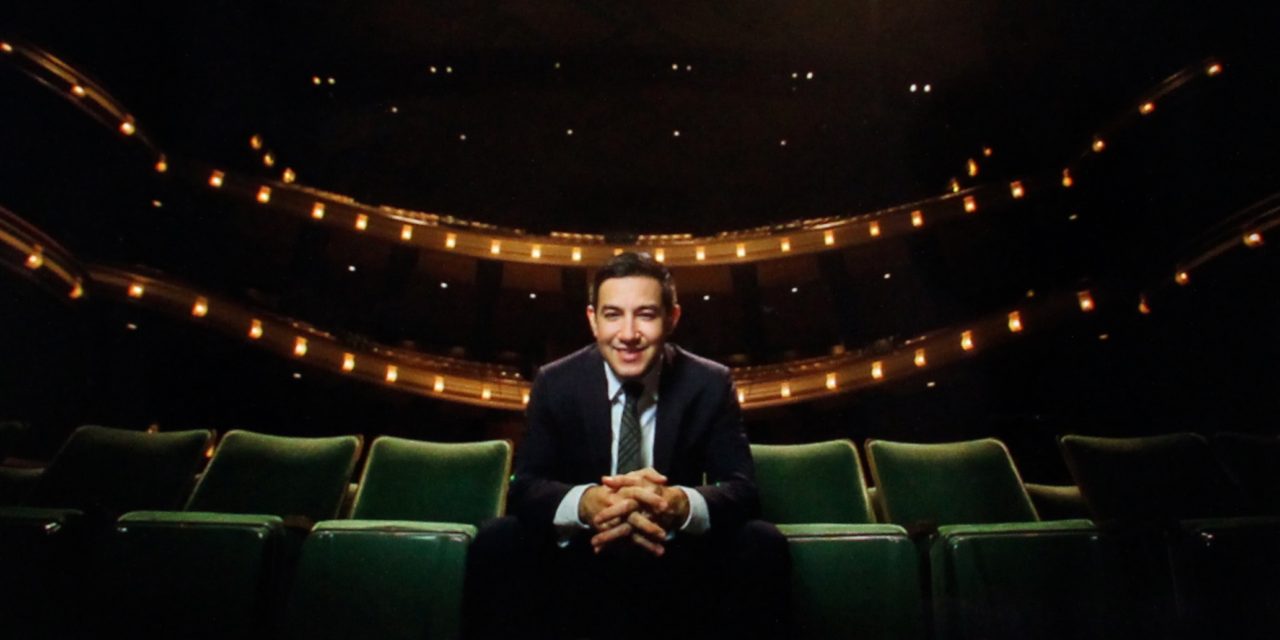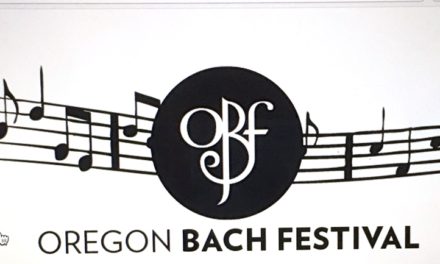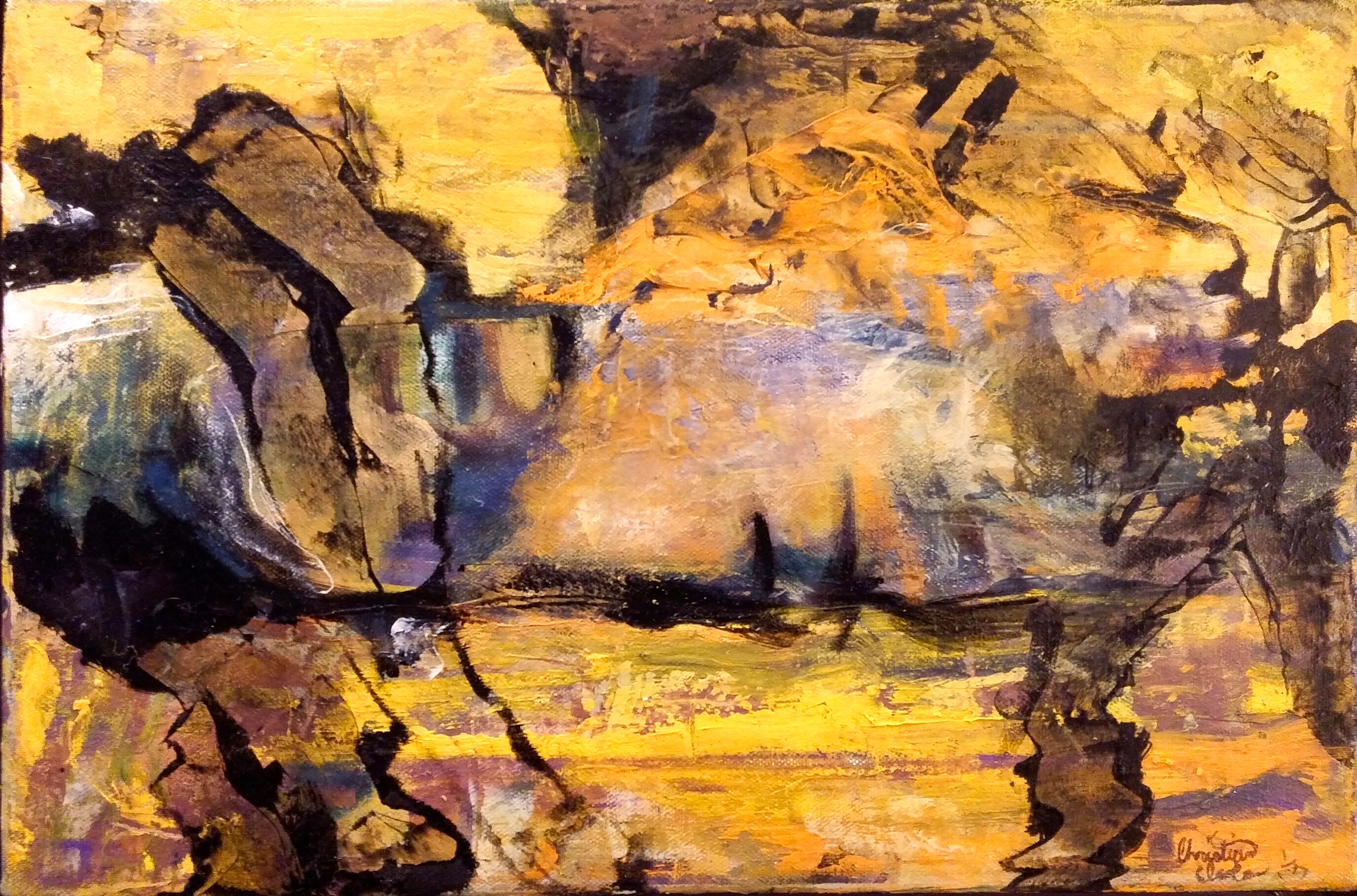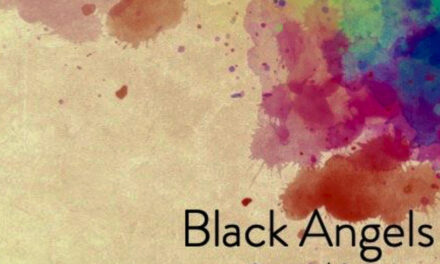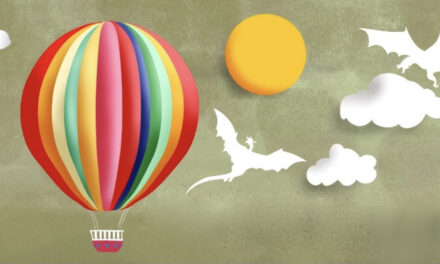(Above: Francesco Lecce Chong, conductor of the Eugene Symphony; photo courtesy of Eugene Symphony)
By Randi Bjornstad
A year ago, when Francesco Lecce-Chong took over as the eighth music director and conductor of the Eugene Symphony from the departing Danail Rachev, the selected music for the season was already in place, and that was fine with him.
But this year, “I got to do things,” the irrepressible Lecce-Chong said, talking a mile-a-minute and smiling continually in his enthusiasm for his still-new job.
“The Eugene Symphony is known for its innovation, whether presenting new works or finding old pieces that haven’t been performed here yet,” Lecce-Chong said. “And at 53 years old, which isn’t that old as orchestras go, that means there are still gaps in the repertoire that haven’t been filled, and that’s one thing I’m trying to do, and I think the orchestra is excited about it.”
For example, in April 2019, “We will have a huge Alexander Scriabin project,” he enthused. “Scriabin is a major Russian composer who asks for the largest number of instruments you can imagine — we will have eight horns and six trumpets for one of his compositions, and that’s huge — and it will be great to be able to do that.”
The Eugene Symphony “has a decent substitute list,” but in the case of the Scriabin program, that probably won’t go far enough, Lecce-Chong said. “We will probably be seeking people beyond our list to fill the number of instruments we will need.”
Bernstein’s musical magic
But in the meantime, the symphony will continue with the season that started in September with an homage to Leonard Bernstein, the American composer, conductor, and educator who would have turned 100 this year.
Last month, the program included Bernstein’s Three Dance Episodes from the 1949 movie, On the Town, that starred Gene Kelly, Frank Sinatra, and Vera-Ellen.
This month, on Oct. 18, it features Bernstein’s Symphony No. 2, known as The Age of Anxiety, about a group of young people in New York City during World War II, searching for the meaning of existence and, through a night of talking and partying, find it in their human connection with each other.
The Bernstein symphony is based on a book-long, dense, philosophical, historical, and mythological six-part poem published in 1947 by W.H. Auden, called The Age of Anxiety: A Baroque Eclogue.
“It’s so much that I can hardly understand it, and Bernstein was so challenged by the poem that he needed to engage it, think about it, and then compose a symphony about it,” Lecce-Chong said. “He approached it almost as theater, and it just pops off the page. Bernstein was able to figure it out and translate it and turn it into this amazing, beautiful piece of work.”
Clearly, to Lecce-Chong — who also a pianist and composer, began conducting at age 16, and is just now entering his 30s — Bernstein is not only an inspiration, but a standalone icon.
The young conductor also realizes that Eugene Symphony afficionados already have a relationship of sorts with Bernstein because of his close association with former music director/conductor Marin Alsop, who led the local orchestra from 1989 to 1996.
So it seemed logical to devote portions of the first three Eugene Symphony programs during the 2018-19 season to work Bernstein’s work.
The November 15 concert will conclude the homage with, among other offerings, Bernstein’s Fancy Free, a 1944 ballet choreographed to his score by Jerome Robbins.
Move over (to) Beethoven
However, the October program also includes two other pieces that Lecce-Chong enthusiastically endorses.
The opener is Stomp, a piece by New Yorker turned Oregonian composer David Schiff, whose modern compositions blend elements of jazz, rock — maybe even klezmer — with more traditional modern overtones.
It ends with the Beethoven, which harks back to Lecce-Chong’s mission to bring something new to the Eugene Symphony stage. In this case, at 28 minutes, it’s Beethoven’s shortest symphony, No. 8, “which he wrote when he was having lots of health problems, and when he was almost completely deaf.”
“I think the reason it isn’t done more often is that it is short and is done with a very small orchestra,” Lecce-Chong said. “And I also think that most of the time it’s played wrong.”
That’s because the Symphony No. 8 “gives us the meaning in some of the most violent dynamic marks in music, and I hope my approach helps to explain Beethoven’s meaning,” he said.
Opposite Beethoven’s oft-seen elegant and tranquil compositions, the composer also had a terrific temper that came out in some of his work, perhaps related to increasingly ill health, loss of hearing, and a jealousy of the work of others.
In one recorded incident, Beethoven was known to have thrown a plate of food into a waiter’s face because it wasn’t what he ordered.
“This is the guy who could become so violent that broke things, including piano strings,” Lecce-Chong said. “But in the case of some of his work, like this one, he turned his violence into music.”
In Symphony No. 8, Lecce-Chong envisions the composer “shaking his first at the world, shouting ‘I will be happy — everyone will be happy!’, and I hope this comes across in my conducting.”
Short as it is, the piece “is one of the most exhausting works to conduct,” Lecce-Chong said. “It may be only 28 minutes, but Beethoven never lets up.”
Bernstein & Beethoven
Eugene Symphony 2018-19 season at a glance
Sept. 27 (Opening Night)
- Leonard Bernstein: Three Dance Episodes from On the Town
- Ernest Bloch: Schelomo
- Dmitri Shostakovich: Symphony No. 5
Oct. 18 (Bernstein & Beethoven)
- David Schiff: Stomp
- Leonard Bernstein: Symphony No. 2, “The Age of Anxiety”
- Ludwig van Beethoven: Symphony No. 8
Nov. 15 (Birds of a Feather)
- J.S. Bach: Brandenburg Concerto No. 3
- Jennifer Higdon: On a Wire (featuring the Grammy-winning ensemble, Eighth Blackbird
- Wolfgang Amadeus Mozart: Six German Dances
- Leonard Bernstein: Fancy Free
Dec. 1 (Star Wars Live in Concert; Episode IV; A New Hope)
Dec 6 (The Red Violin)
- Dieterich Buxtehude: Chaconne in E minor
- John Corigliano: Chaconne from The Red Violin
- Camille Saint-Saëns: Havanaise
- Felix Mendelssohn: Symphony No. 4, Italian
Jan. 24 (Tchaikovsky Piano Concerto)
- Grażyna Bacewicz: Overture for Orchestra
- Peter Tchaikovsky: Piano Concert No. 1
- Carl Nielsen: Symphony No. 4, The Inextinguishable
Feb. 14 (Rhapsody in Blue)
- Samuel Barber: Symphony No. 1
- George Gershwin: Second Rhapsody for Piano
- Silvestre Revueltas: Musica para charlar
- George Gershwin: Rhapsody in Blue
March 21 (Doctor Atomic & Brahms)
- Robert Schumann: Manfred Overture
- John Adams: Doctor Atomic Symphony
- Johannes Brahms: Violin Concerto
April 18 (The Color of Sound)
- Alexander Scriabin: Prometheus, The Poem of Fire
- Alexander Scriabin: The Poem of Ecstasy
- Also: Edvard Grieg’s Morning Mood; Claude Debussy’s Claire de Lune; and short works by Felix Mendelssohn, George Frideric Handel, Arvo Pärt, and Gunther Schuller
April 28 (Family Concert: An Afternoon with Beethoven)
May 9 (Verdi’s Requiem)
- Giuseppe Verdi: Requiem
June 1 (SymFest)
- Orchestra performs in collaboration with Ballet Fantastique, vocalist Halie Loren, jazz trumpeter Tony Glausi, the South Eugene High School Dorians choir, and the Eugene-Springfield Youth Symphony
Tickets: Available at the Hult Center box office, 541-682-5000, or online at hultcenter.org
Information: 541-687-9487 or eugenesymphony.org

